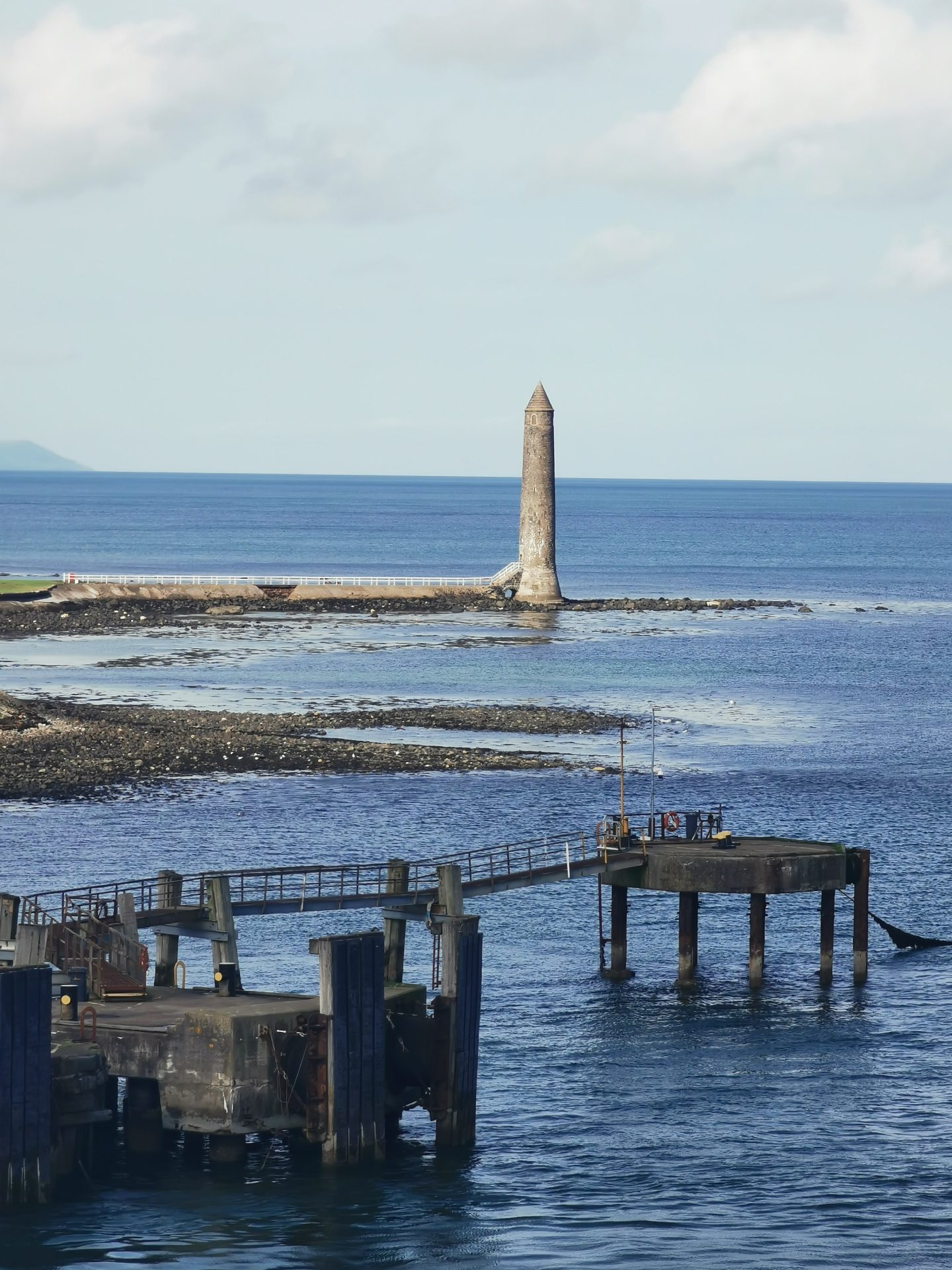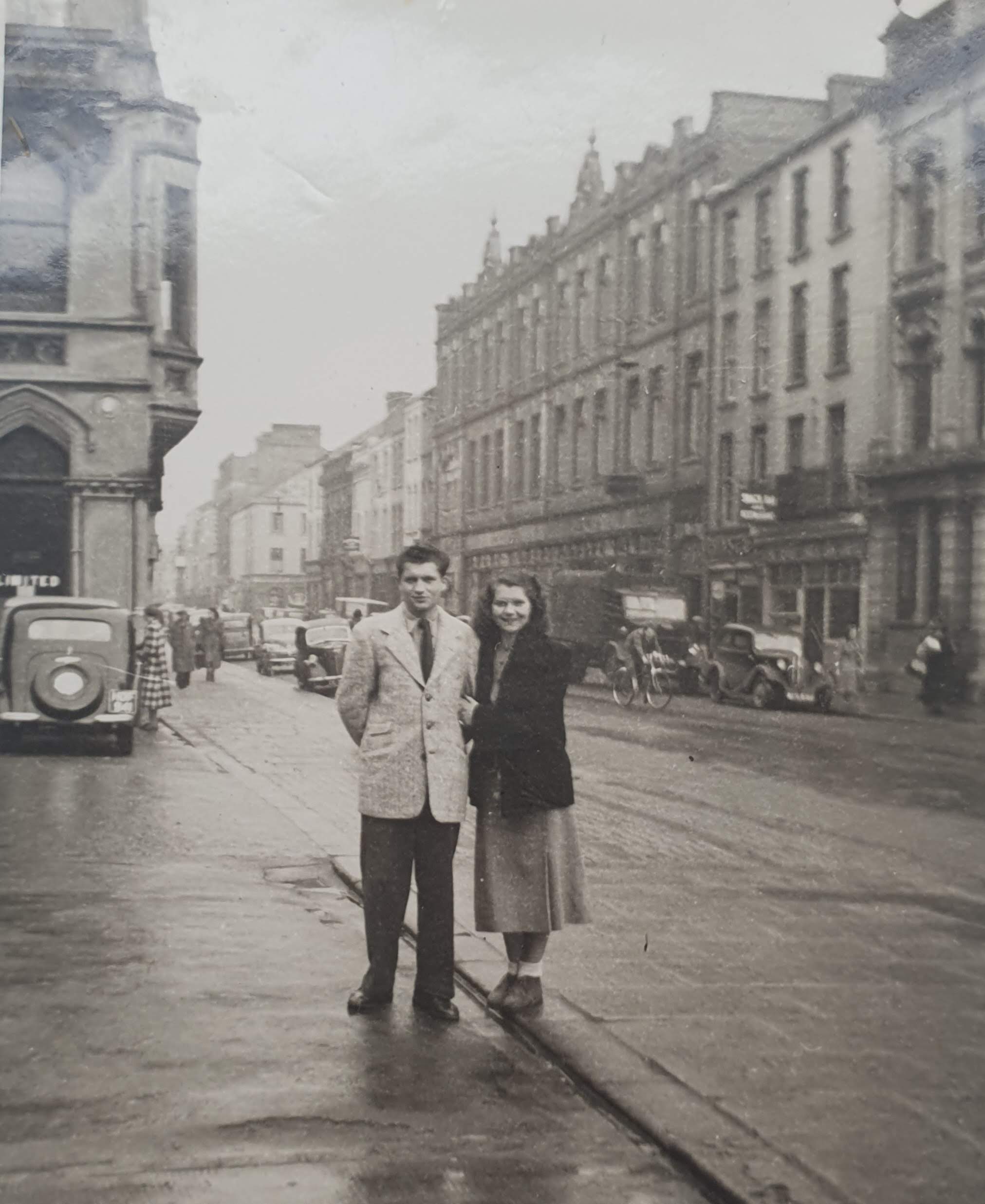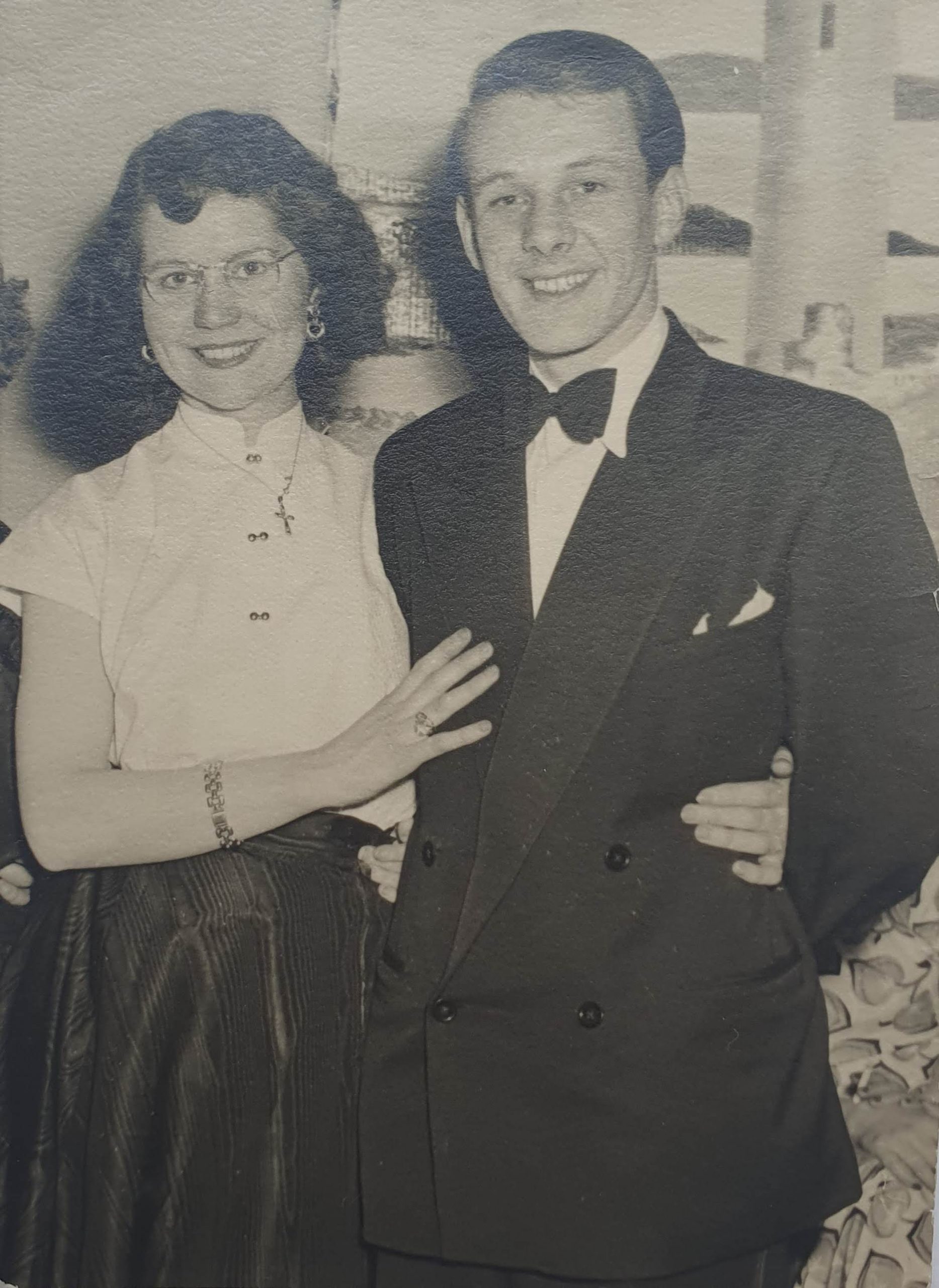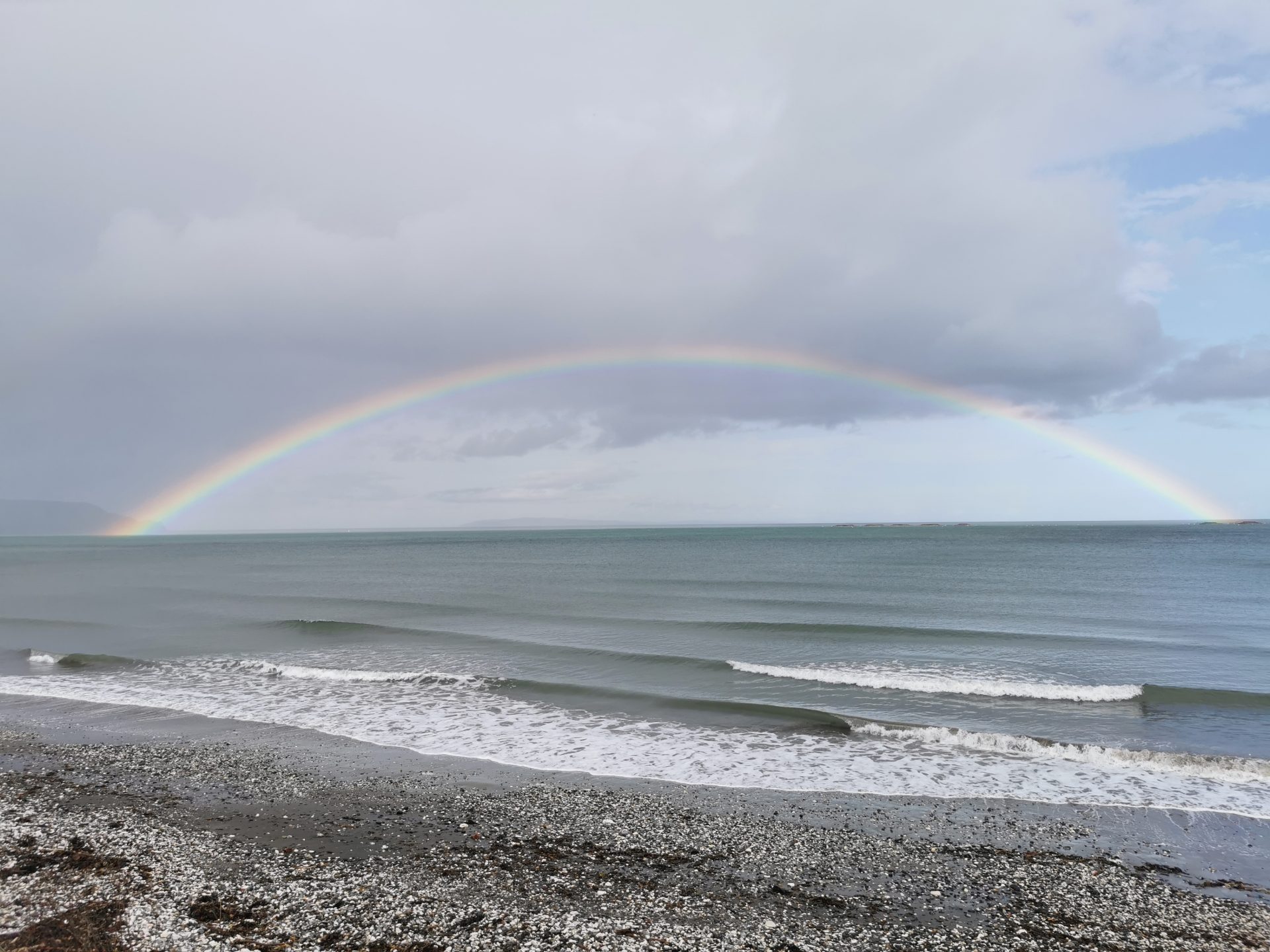This is a travel journal of a two thousand mile, three week road trip to Ireland in September and October 2023. And it’s a reflection of my relationship with the country and its people, and a lifetime of travelling in Ireland since my first visit in 1976.
We are driving from Glasshouses in Yorkshire to Penrith on the edge of the Lake District. It’s late afternoon and the leaden skies are threatening rain. The campervan has a fully stocked fridge, freezer, food and drinks containers. As well as warm socks and jumpers, hiking gear, wetsuits and waterproofs, we have smart clothes and shoes for a wedding in Donegal.
It’s a four and a half hour, 215 mile drive to the port of Cairnryan on the west coast of Scotland. At noon tomorrow we’ll take the ferry for the short crossing to Larne, just north of Belfast. So we’ll need somewhere quiet, not too far from Cairnryan, to spend the night. The portent of rain is gone when, in the setting sun, we pull into a small unoccupied car park, off a single track lane on the edge of the Galloway Forest. It’s a still, warm, starry night and we enjoy pasta and wine sitting at our outdoor kitchen. But in a couple of days we are supposed to encounter storm Agnes.
We’re first in queue at the ferry, the wind is howling and it’s a rough green Irish sea. As a taster of the fickle weather to come over the next few weeks, an hour later, the wind has dropped the sky is blue, but the sea swell is still high.
Unlike the border controls to the European mainland there’s no passport control to Northern Ireland but in keeping with an Anglo Irish convention, the police want to know if I have any weapons or explosives on board, and they check under the hood!
We pitch, roll and yaw across the turbulent sea for a couple of hours. Towards the end of the crossing I overhear a passenger say that there’s a young woman being sick in the ladies toilet, and the poor thing has been in there the whole journey. Ahead are the low lying hills of Louth, County Antrim, Northern Ireland.

In April 1926, twenty four year old Annie McSherry and her brother Kevin departed the town of Dungannon, County Tyrone for Belfast and the short journey across the Irish sea to Liverpool to board a ship bound for Sydney Australia. She’d been compelled by her father, Thomas McSherry, to accompany her brother to Australia and look after the lad, I don’t imagine she was a willing emigrant. Annie was my paternal grandmother. I knew her until she died in England in 1969 when I was aged 14. She never once spoke of her departure for Australia or her time there, and the few questions I asked were angrily rebuffed.
In May 1926, England was subject to a failed General Strike in support of a long running miner’s strike and the country was under Marshall Law through to December. In that year, a 23 year old rigger (somebody who moves heavy materials and equipment around a worksite) Fred Wadsworth, fled Barnsley, Yorkshire and the country for Sydney Australia. Also looking for a better life, he was escaping industrial stagnation, poverty, unemployment, dirt, and the cold, dark winters.
Annie and Fred’s experiences together in Australia are a mystery to me. I have evidence of only four events. One of these is recorded in a grainy black and white photograph of young Annie and Fred sitting in a row boat. He has a mop of black hair and big hands, she is squeezed in next to him looking a bit vulnerable. I have their 1927 wedding certificate and the birth certificate of their son Thomas, my father, dated 28th February 1927. And the last is the passenger list of a ship that departed Sydney for Hull, England four years later. On board are Annie Wadsworth and her son Master Thomas. There is no entry for Fred Wadsworth. He will remain in Sydney, never to see his wife or son again.
Annie and Tommy returned to Dungannon County Tyrone where my father was raised by his mother and grandfather Thomas. Again my grandmother refused to speak about her years as the young single mother of Anglo Irish Tommy in sectarian Ulster. My father was also very reluctant to talk about his experiences, which I now think he’d very effectively suppressed. He did tell me that his grandfather was a ‘tough old bastard.’ The young fatherless, half Irish Tommy was probably an awkward embarrassment to his grandfather. And I can guess at the nature of my father’s upbringing from the harsh authoritarian regime he imposed upon myself and my three siblings, and the deeply disturbed man he became in his later life, dying a lonely, embittered, whisky drunk at the young age of 66.
The abandonment of my father by his father and his experiences as a child in Ulster have had, I now realise, a profound effect on my upbringing and who I am today, and only recently have I begun to understand this and deal with it.
I have other, more recent Irish seeds that were sown before I was born. In 1951 the Catholic Diocese in Armagh, County Down placed an advertisement in the university town of Leuven Belgium for the vacant posts of church organist in four parishes in Down and Armagh. A young man in post war Flanders, August (Gust) Toremans, was encouraged by his father to respond to that advertisement. He subsequently took up the position of organist in the cathedral of St Patrick and St Colman in Newry, County Down. In a strange echo of my grandmother Annie’s fate, Gust’s sister Josepha (Jose), who was to become my mother, was ordered to accompany her brother to Ireland to look after the lad.
It’s as though this is where my father’s life began, as all else before it was to a greater or lesser extent repressed. In the 1950s, Dungannon had a vibrant music scene with bands like the Grafton Showband, The Majestics and The Reflections playing at the Castle Ballroom, the Commercial Ballroom or The Viceroy. Here handsome Tommy Wadsworth jived, twisted, foxtrotted and waltzed. And at one of these events he was introduced to a beautiful young Belgian woman, Jose, who could speak but a few words of English. The language barrier was overcome pretty swiftly, for, in the summer of 1952, Tommy and Jose were married in Belgium.


Jose my mother and her brother Gust in Newry, County Down, 1951. Jose and my father Tommy, Tyrone 1952
In an attempt to escape the grim legacy of his youth, the newlyweds abandoned Northern Ireland for Swindon, Wiltshire in the west of England. Here my father took up the job of Deputy Headmaster in a huge baby boomer Roman Catholic Secondary school where he remained for over thirty years. It was a prudent move. There were poor opportunities for a catholic in protestant dominated Ulster. And in the late 1960s Northern Ireland would plunge into a terrible ethnopolitical conflict euphemistically known as the Troubles. In contrast, in the 60’s and 70’s, Swindon was a boom town (albeit with a mixed reputation) where I was raised with my elder sister Maria and my younger siblings Joseph and Bernadette.
At home in Swindon, Ireland was always in the background: my grandmother’s and father’s Tyrone Ulster accents, alternately charming and threatening. In addition to a raft of Irish priests and nuns, the teachers at St. Joseph’s School were Ryan, Drumm, O’Hanlon, O’Neill, my schoolmates O’Shea, O’Grady, Murphy, McSherry, my father’s drinking buddies; Gallagher, O’Connell, Kelly, Hughs and Collins. Irishness was in the air. However, I would not visit Ireland until I was 21.
For the next stage of our Irish journey please visit From The Giant’s Causeway to the Burren
